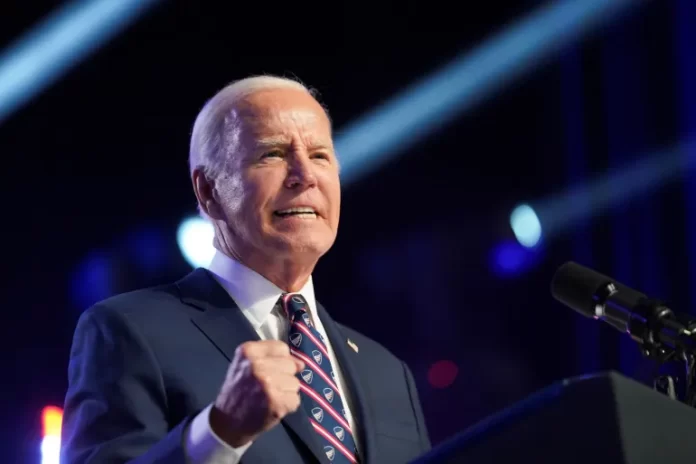Hamas indicated a positive reception to US President Joe Biden’s proposed roadmap for a full ceasefire in Gaza. Biden’s call for an end to the nearly eight-month-long conflict was met with cautious optimism by the Palestinian group. However, Israeli Prime Minister Benjamin Netanyahu swiftly dampened hopes for immediate peace, asserting that the military campaign against Hamas would persist until the group’s ability to govern Gaza and pose a military threat was eliminated.
Biden’s proposal came amidst escalating tensions as Israeli troops advanced into central Rafah, a move that has drawn international condemnation.
Outlined in Biden’s address was a three-stage plan, beginning with a six-week phase where Israeli forces would withdraw from populated areas of Gaza. Additionally, the plan includes the release of hostages and Palestinian prisoners, followed by negotiations for a lasting ceasefire.
While Biden urged Hamas to accept the proposal, Netanyahu emphasized Israel’s commitment to its military objectives. The Israeli leader authorized negotiations for the release of hostages but reiterated that the war would only conclude once all goals, including the elimination of Hamas’s military capabilities, were achieved.
Despite the international community’s hopes for a peaceful resolution, Hamas has been cautious in responding to ceasefire proposals, accusing Israel of using negotiations to perpetuate aggression.
As the conflict continues, the humanitarian situation in Gaza remains dire, with aid deliveries hampered by the ongoing hostilities. US Secretary of State Antony Blinken acknowledged the severity of the situation, despite efforts to increase assistance.
Jordan has announced plans to host a summit in collaboration with Egypt and the United Nations to address the humanitarian crisis in Gaza, reflecting growing international concern over the escalating conflict.
With casualties mounting on both sides and civilian infrastructure devastated, the prospects for a swift resolution to the Gaza conflict remain uncertain, underscoring the urgent need for diplomatic efforts to halt the violence and alleviate suffering in the region.



